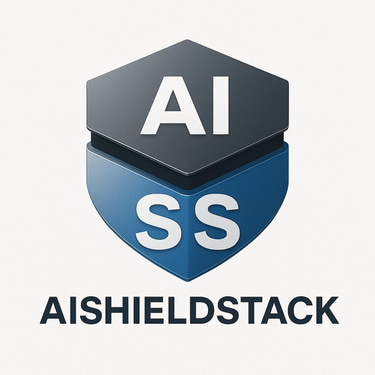The Rise of AI Medical Scribes in Healthcare
AI Medical Scribes are transforming healthcare documentation by automating the recording of patient interactions. This innovation allows clinicians to focus more on patient care while improving efficiency and accuracy. However, challenges such as integration and ethical considerations must be addressed for successful implementation.
USAGETOOLSFUTURE
AI Sheild Stack
11/20/20252 min read


As healthcare continues to evolve, the integration of advanced technologies is reshaping the landscape of patient care. One such innovation is the AI Medical Scribe, a tool designed to alleviate the documentation burdens faced by healthcare providers. By automating the documentation process, AI Medical Scribes enable clinicians to focus on their primary mission: delivering exceptional patient care.
Traditionally, medical scribes—whether in-person or remote—have played a critical role in capturing patient-physician interactions. However, human scribes come with limitations such as high costs, scalability issues, and the potential for human error. AI Medical Scribes, on the other hand, utilize artificial intelligence, natural language processing (NLP), and machine learning to replicate and enhance the functions of traditional scribes, providing a solution that is both scalable and cost-effective.
AI Medical Scribes listen to conversations between physicians and patients, extracting relevant information and seamlessly updating electronic medical records (EMRs) in real-time. This capability not only improves the speed and accuracy of documentation but also enhances the overall quality of patient interactions. By reducing the time spent on administrative tasks, healthcare providers can dedicate more time to direct patient care, thereby improving outcomes.
Beyond efficiency, AI Medical Scribes also offer significant cost savings. By minimizing the need for human scribes, healthcare practices can reduce staffing costs while increasing patient throughput—allowing providers to see more patients without extending work hours. Furthermore, the accuracy of AI-generated documentation reduces the risk of billing denials and legal disputes, further enhancing financial stability.
However, the implementation of AI Medical Scribes is not without its challenges. Concerns around accuracy, particularly with complex medical terminology and diverse accents, remain a consideration. Additionally, integration with existing healthcare systems can pose challenges, necessitating careful planning and training for staff to ensure successful adoption.
Healthcare organizations must also navigate ethical and regulatory considerations, including compliance with privacy regulations like HIPAA. Maintaining patient trust through transparency about AI's role in their care is crucial, as is obtaining explicit consent for recording interactions.
As the demand for efficient documentation continues to grow, the market for AI Medical Scribes is expected to expand. Future innovations may include predictive analytics and enhanced integration with telemedicine platforms, further solidifying the role of AI in healthcare documentation. By understanding the potential benefits and challenges associated with AI Medical Scribes, healthcare leaders can make informed decisions about their implementation.
AI Shield Stack (https://www.aishieldstack.com) offers tools and strategies to navigate the complexities of AI integration in healthcare, ensuring compliance and optimizing patient care.
